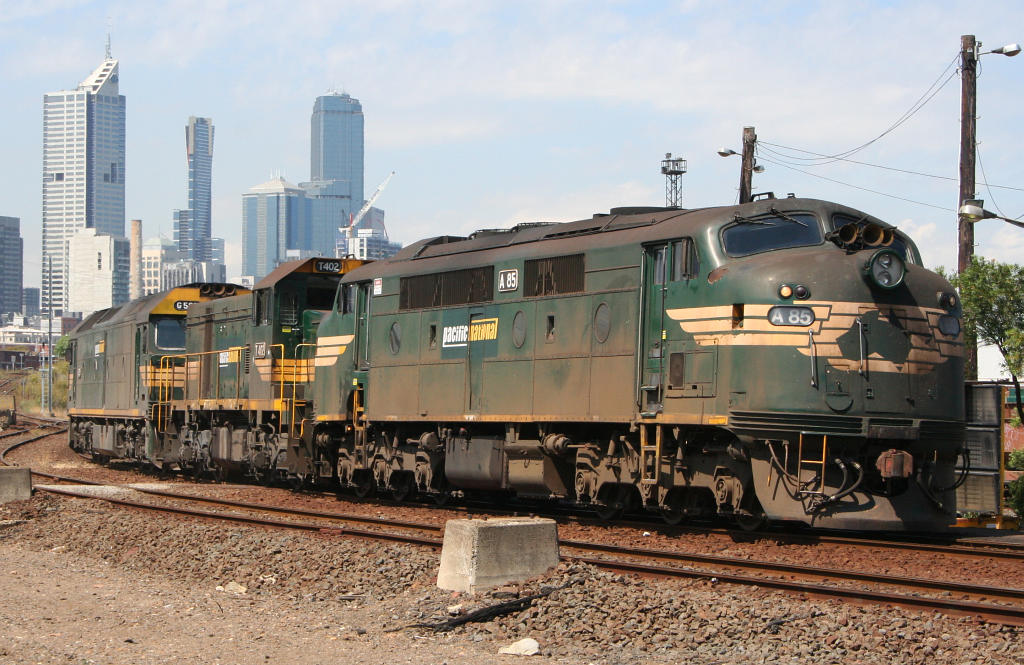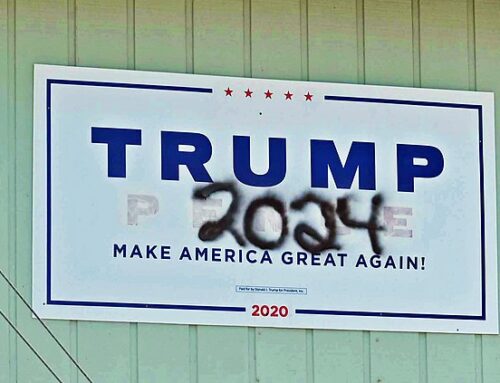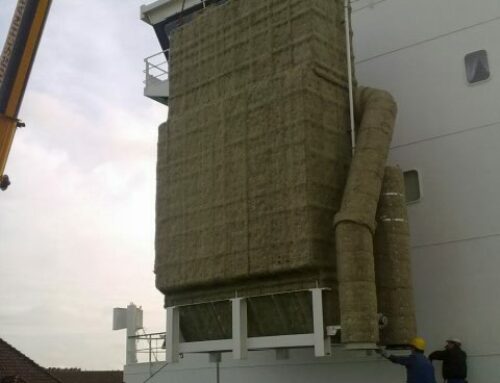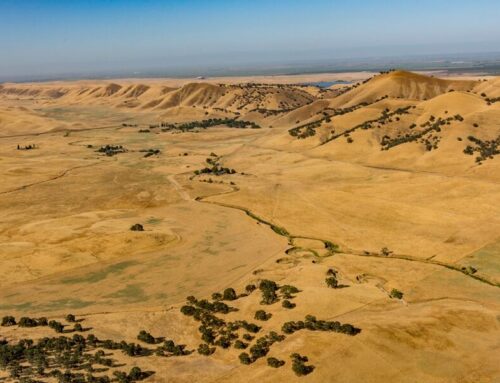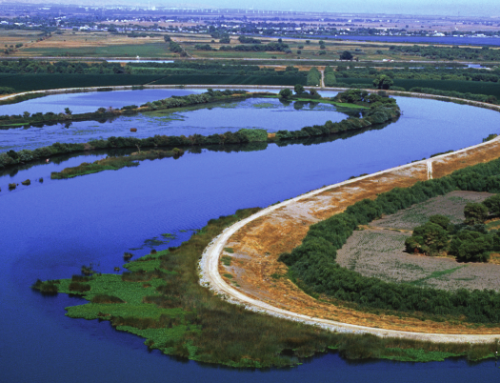by Greg Walcher, E&E Legal Senior Policy Fellow
As appearing in the Daily Sentinel
California recently adopted a zero-emission requirement for all railroad locomotives in the state by 2030, which many critics are saying could cripple the nation’s freight rail network. That’s because California doesn’t have its own separate fleet of locomotives. So to keep the trains running, the rule effectively forces nationwide compliance with one state’s policy. California can make whatever rules it wants for freight trains, but they don’t stay in California.
An iconic 2003 ad campaign used the slogan “What happens in Vegas, stays in Vegas.” It became a pop culture standard and even a blockbuster Ashton Kutcher/Cameron Diaz movie. I think it ought to be the official policy of the state of California, but unfortunately, what happens there does not stay there.
“Original jurisdiction” cases involve disputes between two or more states, such as border or water rights disputes, and can only be resolved by the Supreme Court. Such cases are not common (the high court hears only two to three a year), but even more uncommon are cases where multiple states file suit against each other. Such is the case this season, as 19 states have filed suit against California, alleging that it is illegally attempting to impose its aggressive climate agenda on the rest of the country. The locomotive rule is one of several examples.
It is a fascinating legal argument because California (and four other states named in the suit) does not really deny the accusation. Indeed, it is part of the strategy of the U.S. Climate Alliance (USCA), which boasted in 2021, “Over the past four years, we have coordinated across state lines to enact ambitious bipartisan climate solutions and leverage our collective market power to transform the U.S. economy.” That was in the USCA’s Annual Report, which “Details Pathway to Achieve 2030-2050 Climate Goals Through Collective State-Federal Action.” Here it is the state action, led by California and New York, that is at issue. Nineteen other states are now asking, legally, “who died and left you king?”

